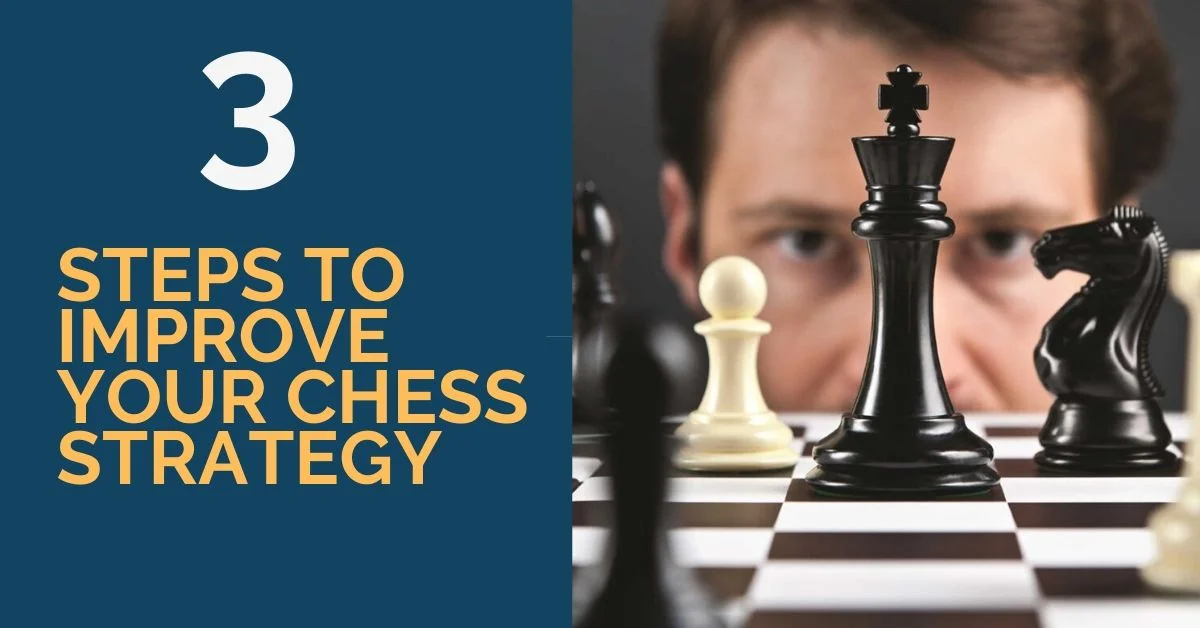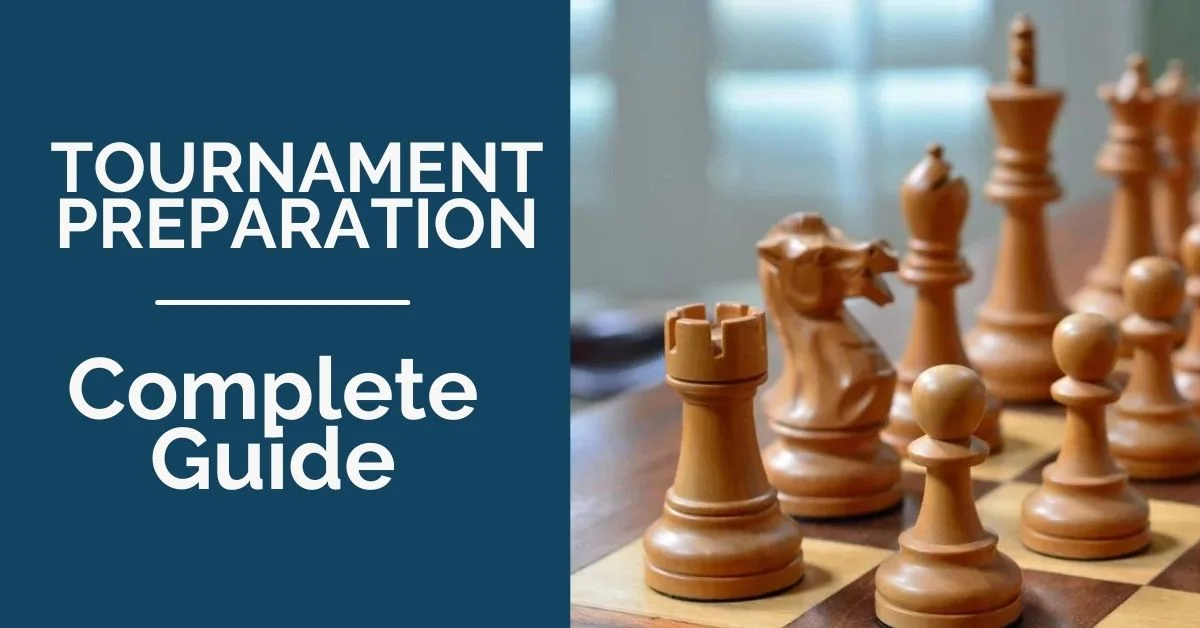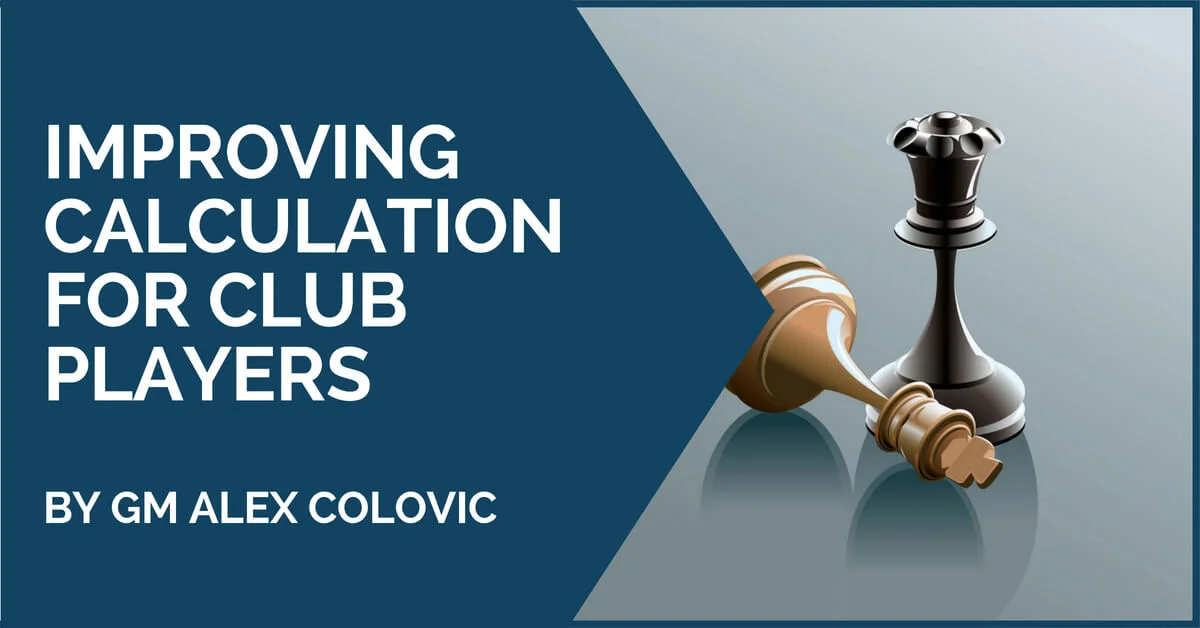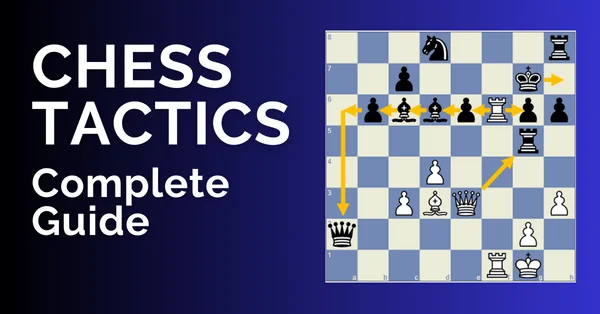3 Steps to Improve Your Chess Strategy

Strategy and positional concepts are an important part of the chess game and improving our understanding of them can play a major role in the overall improvement of our level. Most of the time, the strategy is what makes the difference between a strong player and an amateur. If with other elements, such as tactics or endgames, the method of training is rather clear – solving puzzles or studying the theoretical positions, we are often asked what the way to train strategy is.
The first thing you have to know is that the more games you see, the better your chess understanding will get. So, our first answer to this question is:
1. Go through Grandmasters’ games and study the classics
Classical games are a great source of inspiration and contain very instructive play. But they are not the only ones; there are many games played by contemporary Grandmasters that can be considered positional masterpieces. There is something to learn from every game, the secret is to look for it.
Don’t rush through the game. Try to understand every move and the ideas behind it.
What would you do in the same position if this was your game?
Assess the position, look for plans, and then compare to what was played in the game. Having a wide chess culture can improve your play a lot. You learn how to deal with different types of positions and structures and you learn interesting ideas that you can later implement in your own games.
This will help you make analogies during the games and you will start spending less time making the right decision in key positions.
2. Solve positional puzzles
Yes, you’ve heard it right.
Positional puzzles.
The principle is the same as when you are solving tactics – you have to find the best move/ plan in the position, but this time you’ll have to take strategic elements into consideration. Whether it’s prophylaxis, attacking a weakness or improving a certain piece, this type of exercise will help you a lot.
You can also mix them with tactical exercises; this way you’ll be closer to the situation of a real game. Nobody will tell you then if you have a tactical blow or if you have to find a good, strategic move.
You have to scan for candidates and decide for yourself the type of play you’ll have to adopt.
3. Study the basic positional concepts
Just like building a house, you can’t improve your positional understanding without a good foundation. This foundation is supplied precisely by getting a good grasp of the very basics – how to play in positions where the knight is better than the bishop, how to play with the bishop pair, how to react in positions with opposite-colored bishops, how to play with or against the isolated pawn and so on.
You can do this by studying commented games and reading the guidelines on how to approach a certain type of position. We have covered almost every positional concept, so if you’re not sure where to start, this could be a good kickoff.
Once you learn the ideas, you can take the study one step further by searching for games by yourself and closely watching how Grandmasters use small advantages in their games. See as many as you can, until you feel that the moves and the technique come naturally to you and you notice that you are able to find the best moves in most of the positions you see.
Then, you can move on to a different topic, until you have covered all the gaps you had in the beginning
Want to learn more about Chess Strategy? We have recently written a new post covering chess strategy for club players in greater detail and we have also written a post covering chess strategy for beginners – so don’t miss out on either one!










Comments: